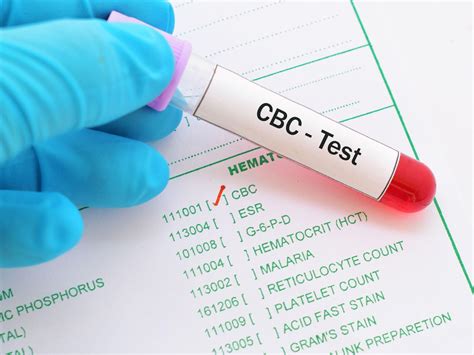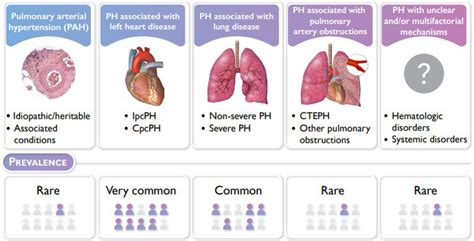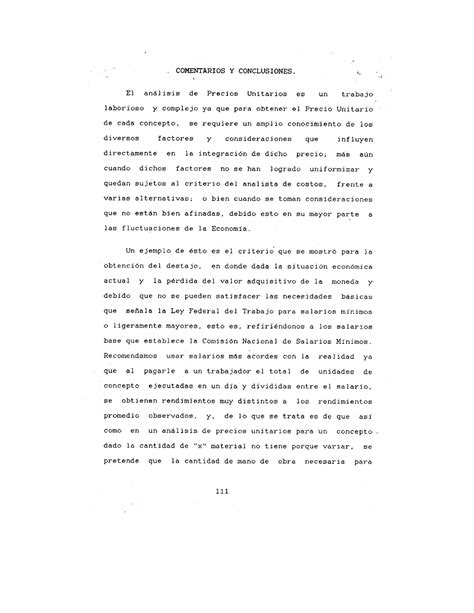Intro
Discover normal CBC ranges for a healthy blood profile, including white blood cell, red blood cell, hemoglobin, hematocrit, and platelet counts, to understand complete blood count test results and diagnose conditions like anemia or infection.
The complete blood count (CBC) is a fundamental diagnostic tool used in medicine to assess various components of the blood, including red blood cells, white blood cells, and platelets. Understanding the normal ranges for a CBC is crucial for healthcare professionals to diagnose and manage a wide range of conditions. In this article, we will delve into the importance of CBC tests, the parameters measured, and the normal ranges for each component.
A CBC test is typically performed to evaluate the overall health of a patient, monitor the progression of a disease, or assess the effectiveness of a treatment. It is a common test that can be used to diagnose conditions such as anemia, infection, inflammation, and bleeding disorders. The test measures several parameters, including the number of red blood cells, white blood cells, and platelets, as well as the amount of hemoglobin and hematocrit in the blood.
The normal ranges for a CBC test can vary slightly depending on the laboratory and the individual's age, sex, and other factors. However, here are the general normal ranges for adults:
- Red blood cell count: 4.32-5.72 million cells per microliter (µL) for males and 3.90-5.30 million cells/µL for females
- Hemoglobin: 13.5-17.5 grams per deciliter (g/dL) for males and 12-16 g/dL for females
- Hematocrit: 40.7-50.3% for males and 36.1-48.3% for females
- White blood cell count: 3,500-10,500 cells/µL
- Platelet count: 150,000-450,000 platelets/µL
Introduction to CBC Test

Components of CBC Test
The CBC test measures several components of the blood, including: - Red blood cell count: measures the number of red blood cells in the blood - Hemoglobin: measures the amount of hemoglobin in the blood - Hematocrit: measures the proportion of red blood cells in the blood - White blood cell count: measures the number of white blood cells in the blood - Platelet count: measures the number of platelets in the bloodNormal Ranges for CBC Test

Interpretation of CBC Results
The interpretation of CBC results requires careful consideration of the individual's medical history, physical examination, and other laboratory tests. Abnormal results can indicate a variety of conditions, including anemia, infection, inflammation, and bleeding disorders. For example: - A low red blood cell count can indicate anemia or blood loss - A high white blood cell count can indicate infection or inflammation - A low platelet count can indicate a bleeding disorder or bone marrow failureFactors Affecting CBC Results

Limitations of CBC Test
While the CBC test is a valuable diagnostic tool, it has several limitations. For example: - It is not a specific test and can be affected by various factors - It does not diagnose specific conditions, but rather provides a general indication of the presence of a condition - It requires careful interpretation of results in conjunction with other laboratory tests and medical historyConclusion and Future Directions

Final Thoughts
In final thoughts, the CBC test is a powerful diagnostic tool that provides valuable information about the different components of the blood. By understanding the normal ranges for a CBC test and the factors that can affect results, healthcare professionals can make informed decisions about diagnosis and treatment. As technology continues to evolve, we can expect to see advancements in the field of CBC testing, leading to more accurate and efficient diagnosis and management of various conditions.What is a CBC test?
+A CBC test is a comprehensive test that measures several components of the blood, including red blood cells, white blood cells, and platelets.
What are the normal ranges for a CBC test?
+The normal ranges for a CBC test can vary slightly depending on the laboratory and the individual's age, sex, and other factors. However, here are the general normal ranges for adults: red blood cell count: 4.32-5.72 million cells per microliter (µL) for males and 3.90-5.30 million cells/µL for females, hemoglobin: 13.5-17.5 grams per deciliter (g/dL) for males and 12-16 g/dL for females, hematocrit: 40.7-50.3% for males and 36.1-48.3% for females, white blood cell count: 3,500-10,500 cells/µL, and platelet count: 150,000-450,000 platelets/µL.
What factors can affect CBC results?
+Several factors can affect CBC results, including age, sex, pregnancy, medications, and laboratory variations.
We invite you to share your thoughts and questions about CBC tests in the comments below. If you found this article informative, please share it with others who may benefit from this information.
